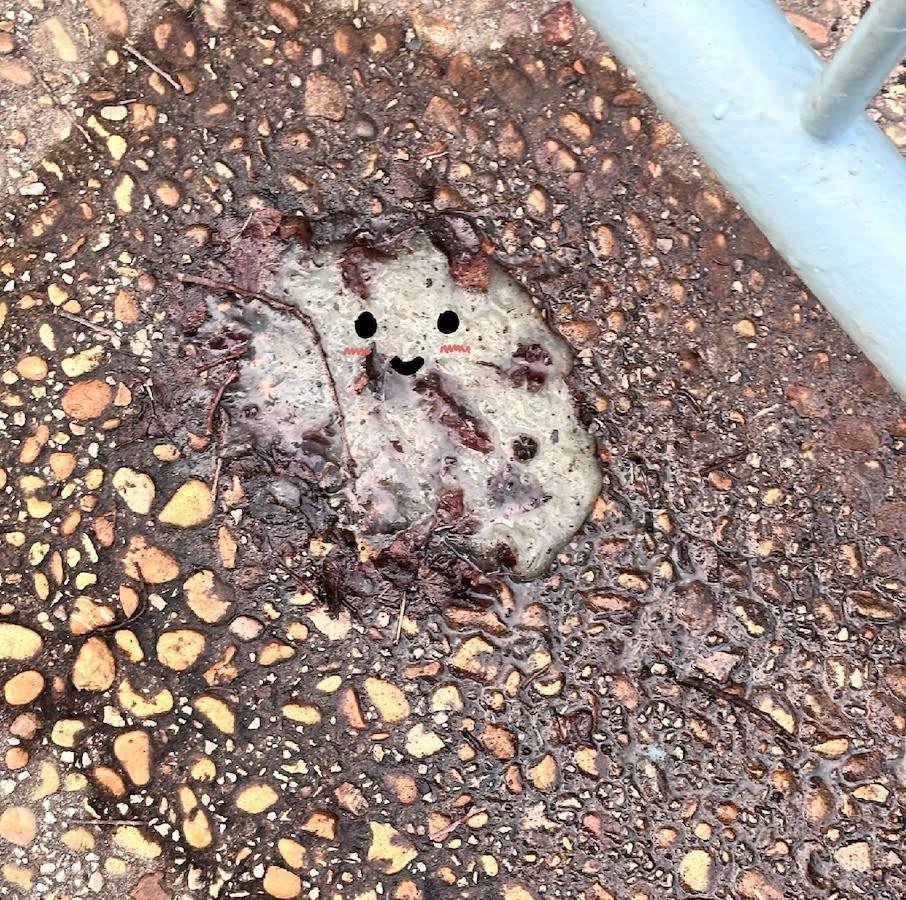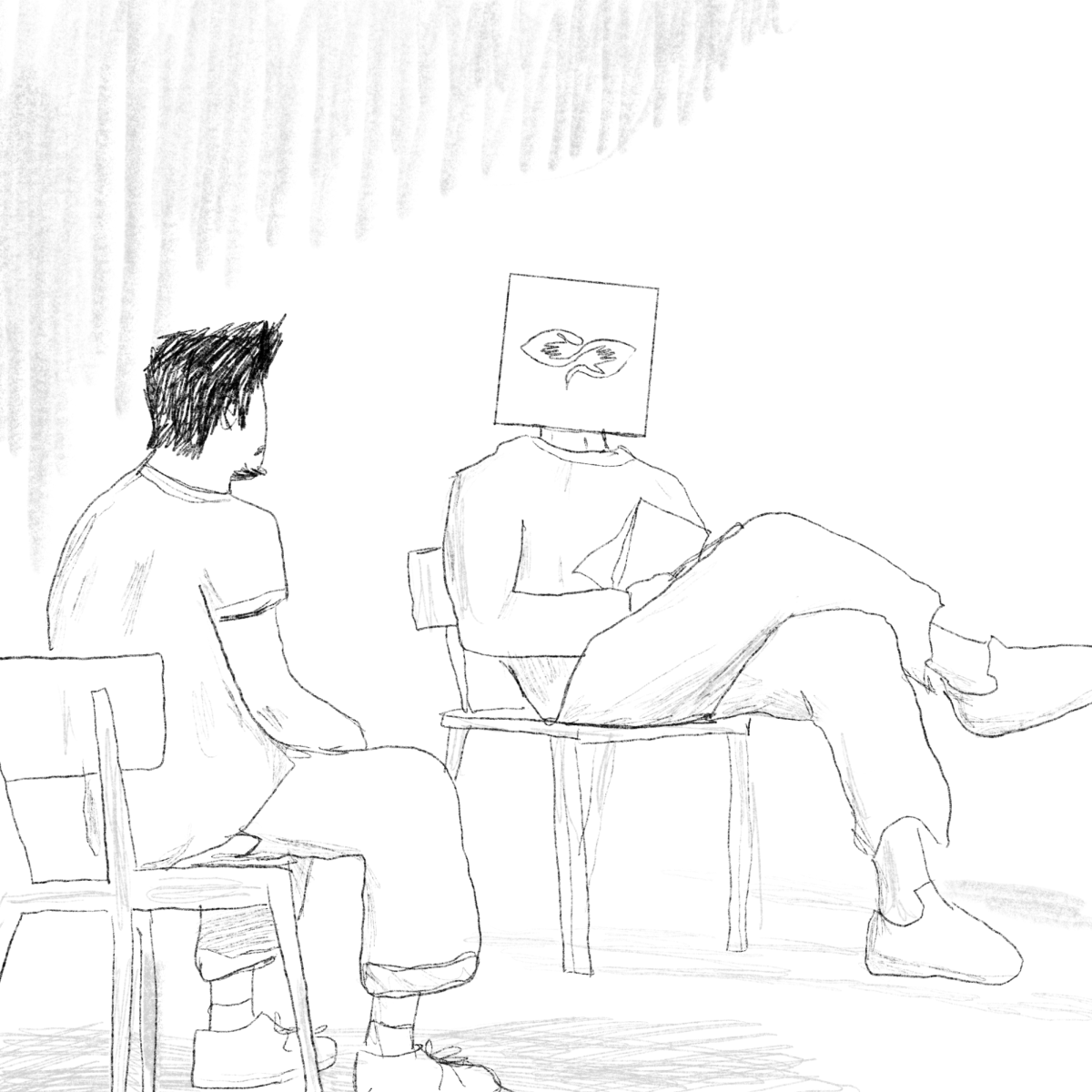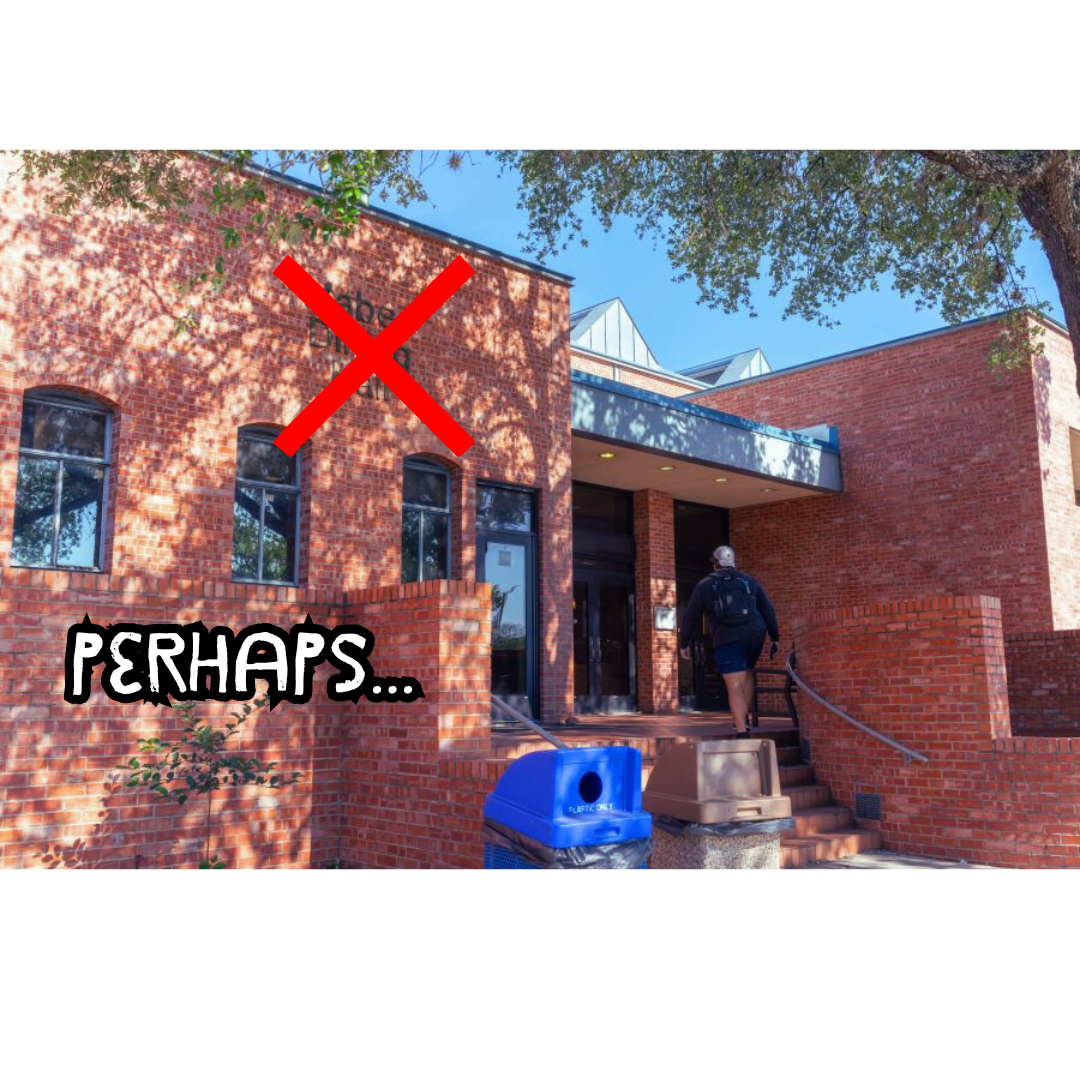After much research and planning, four students and one professor have secured a grant of $24,995 to conduct a study over the summer on the effects of decreased funding for HIV/AIDS prevention and treatment in Vietnam.
On Monday, Feb. 2, students Faith Ozer, Nikita Viswasam, Dima Alhourani and Dana McLaughlin, along with professor of anthropology and faculty member of the group Alfred Montoya, learned of their acceptance as one of eight research teams to receive a Freeman Foundation Student-Faculty Fellows Award. The grant aims to promote the study of Asia in the liberal arts and to provoke interest in students to do research in Asia.
For a decade, Montoya has done his own fieldwork in Vietnam and hopes to make use of contacts formed during previous trips. Montoya will attend the Student-Faculty Fellows conference this April in St. Louis as an orientation into the program.
“The students are going to get field experience doing embedded qualitative research, conducting formal and informal interviews, engaging in participant observation and holding focus groups, hopefully later on with some well-placed people who have been working in HIV in Ho Chi Minh City for a while,” Montoya said.
The team of five will spend the month of July in Ho Chi Minh City, Vietnam, conduct research on the 10-year decline of the President’s Emergency Plan for AIDS Relief (PEPFAR) and then write a scholarly report on their findings to present at a conference in the spring of 2016.
“The students will benefit from having to supplement this research by sifting through huge amounts of available information and determining what is relevant. They will also benefit from the professionalization that comes with the requirements to generate and present high-level scholarly material in an academic conference setting,” Montoya said.
The four students came together to form a research team after Montoya connected them through their shared desire to investigate public health in Asia. Once the team met, they began research on which specific areas in Asia that they could potentially study. After researching, the team decided on Vietnam due to Montoya’s expertise in the region.
After working heavily through November, the team secured their topic and submitted the proposal by Dec. 1, titled “Effects of Declining International Aid on Local NGO HIV/AIDS Programs in Vietnam.”
“Being able to see how program activities of local and international NGOs operate on the ground with fluctuations in funding is definitely a skill I want to take with me when I move forward, especially as I have a special interest in the role of community workers in these kinds of programs,” said Viswasam, senior neuroscience and global health double major.
The team of four students will examine how the declining funding has economic repercussions for Vietnam, as well as how the sustainability of global health funding initiatives looks from an anthropological viewpoint.
“We all have different interests and that is what makes our group especially unique and strong,” said McLaughlin, sophomore communications and anthropology double major. “Beyond the economics part, I want to look at the media representation and discourse that is promoted and publicized by the NGOs themselves.”
While many students conduct guided independent research during their time studing abroad, this research experience will occur within a group setting and is entirely driven by the students’s interests. Additionally, the research is aided by a faculty mentor with highly relevant experience and by grant money, which provides additional resources.
“I can say that conducting research as a group will probably ease the process of gathering literature and working in the field, especially when everyone has different skills to contribute. You have other people to rely on, learn from, pool data with, share your frustrations with when things don’t work out as you planned and get multiple perspectives on something in order to find a solution,” Viswasam said.







